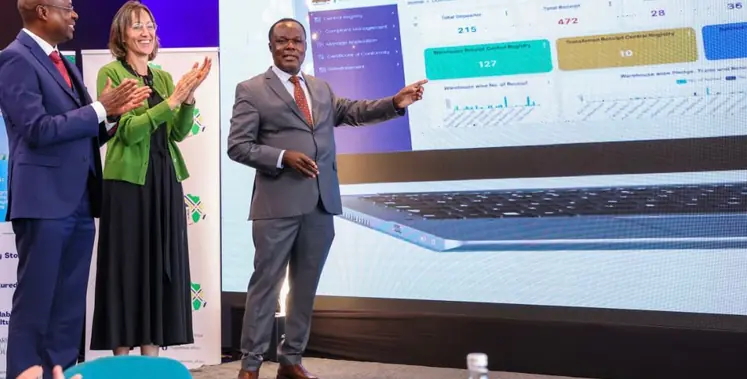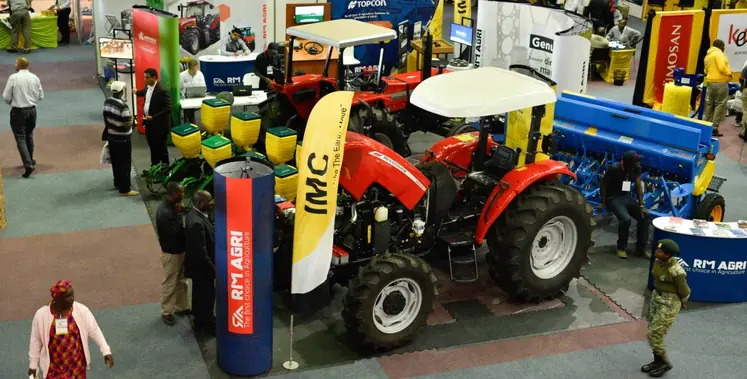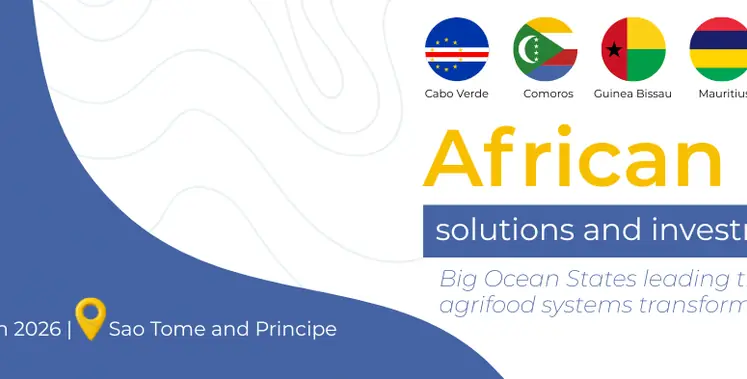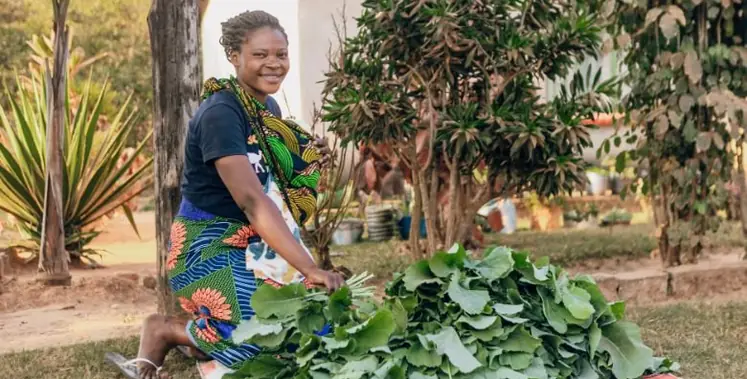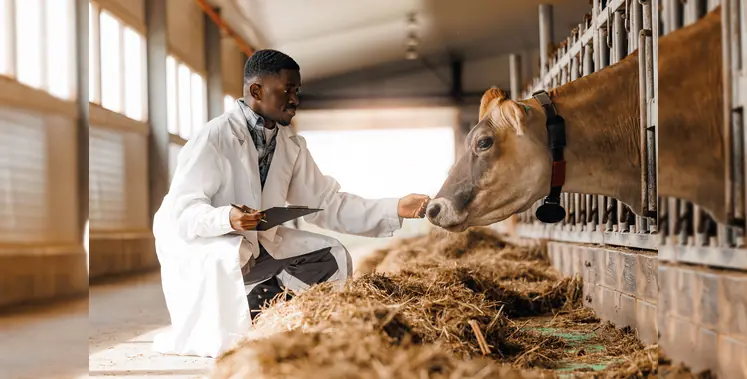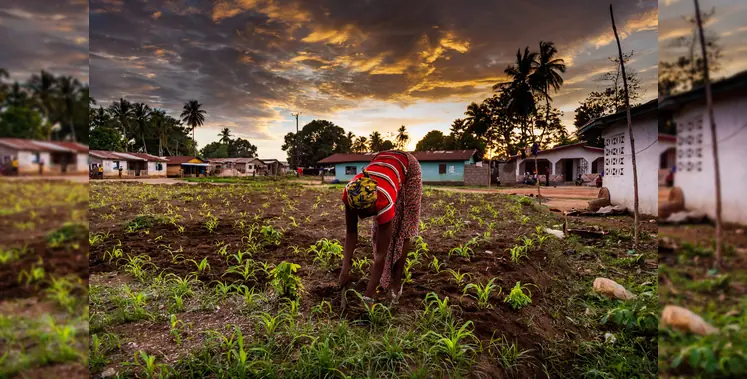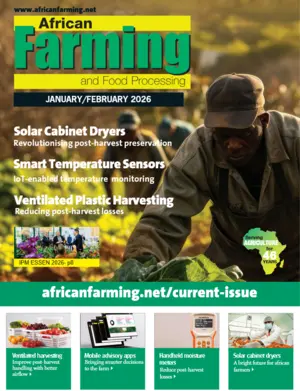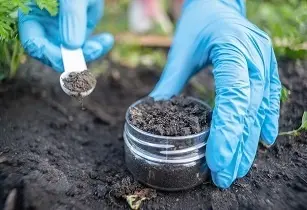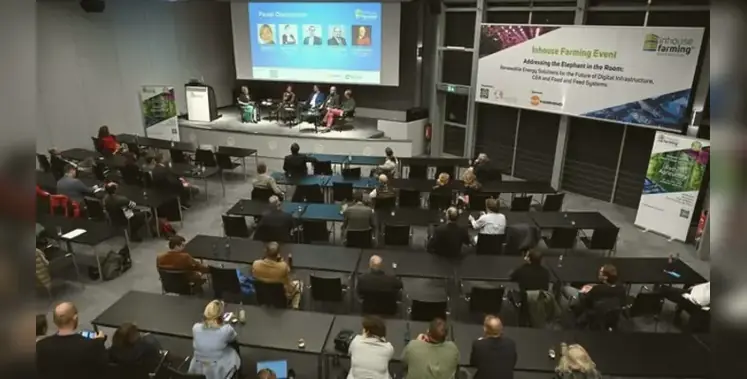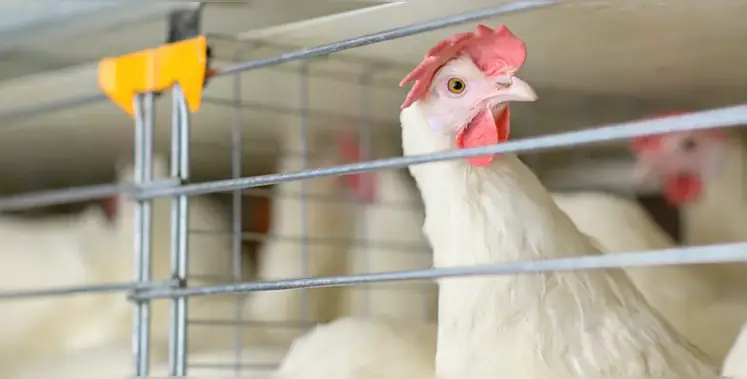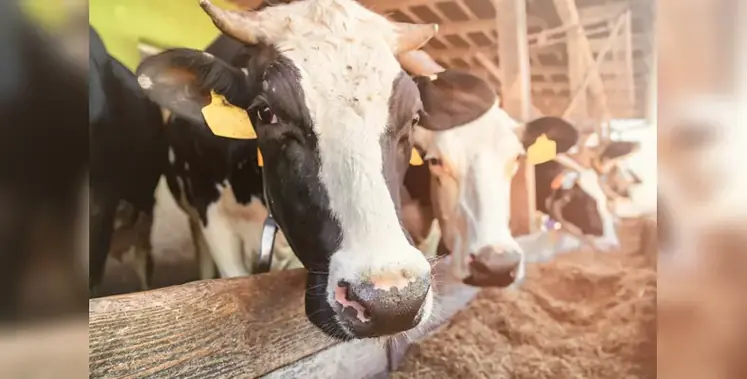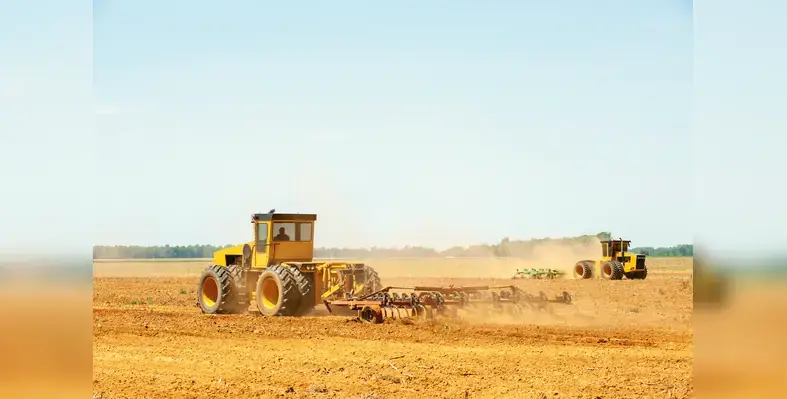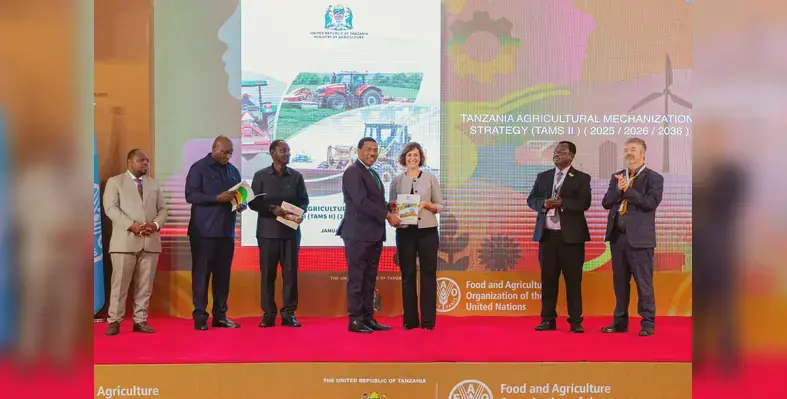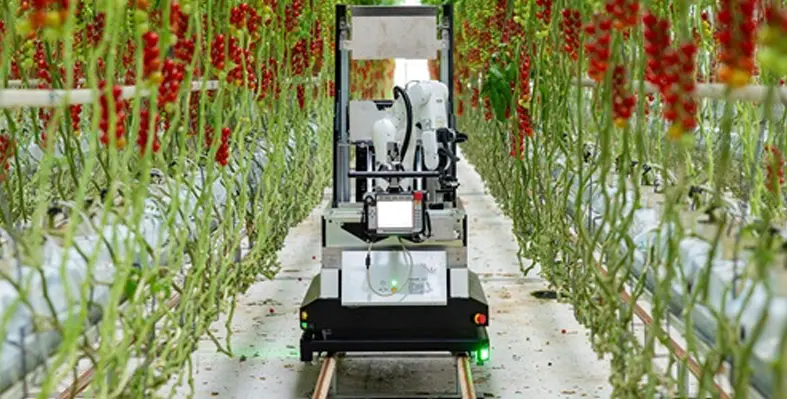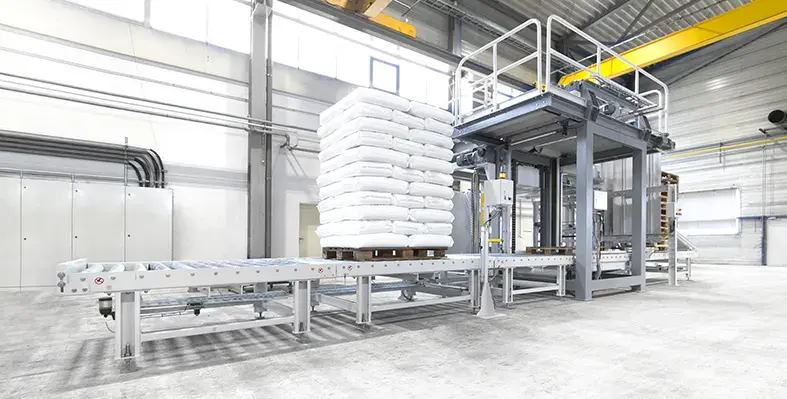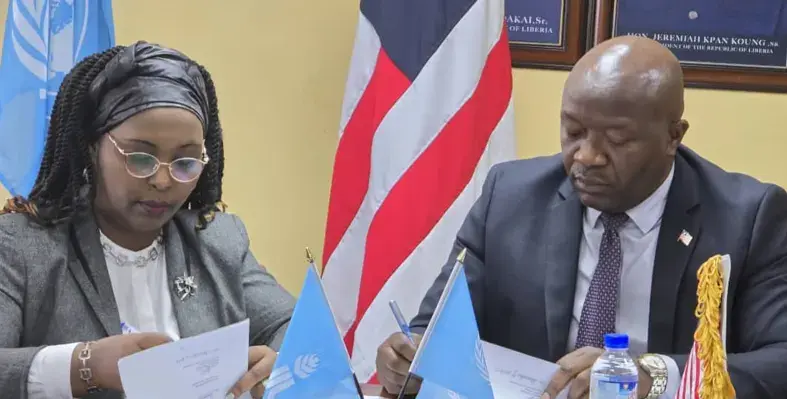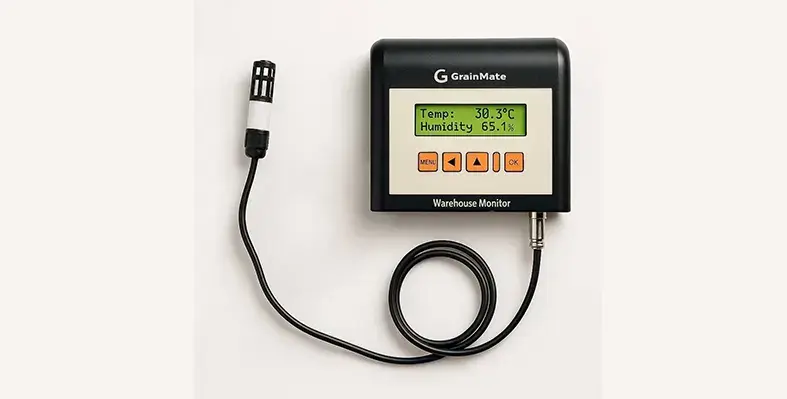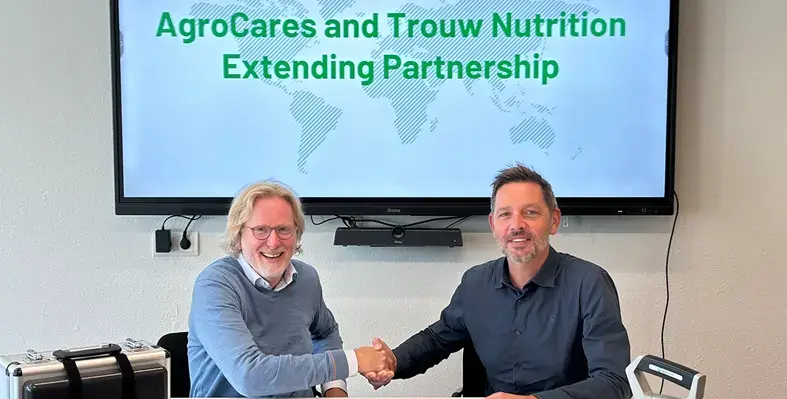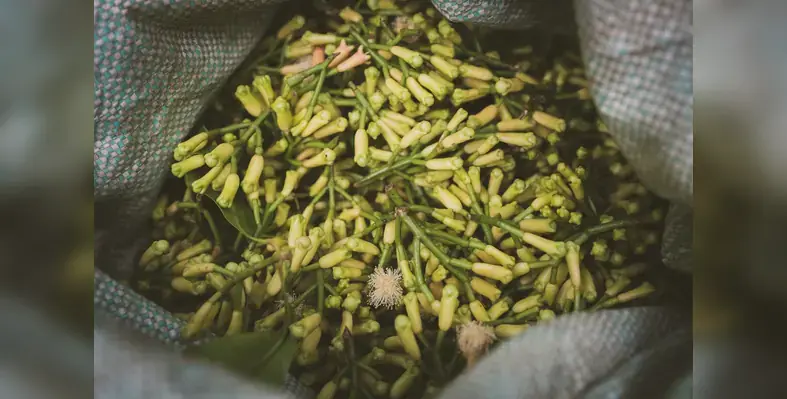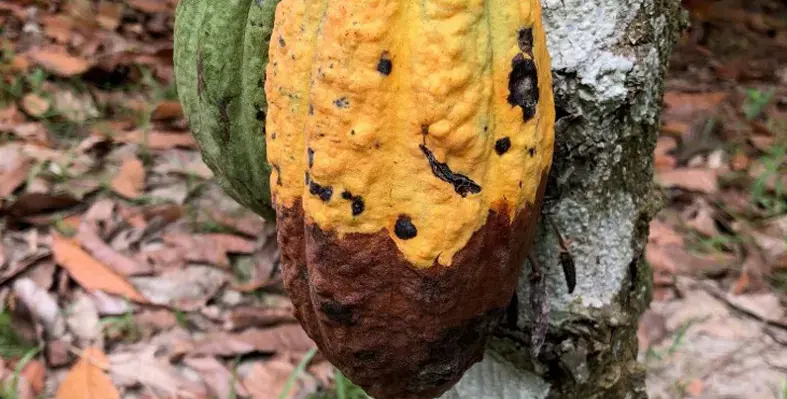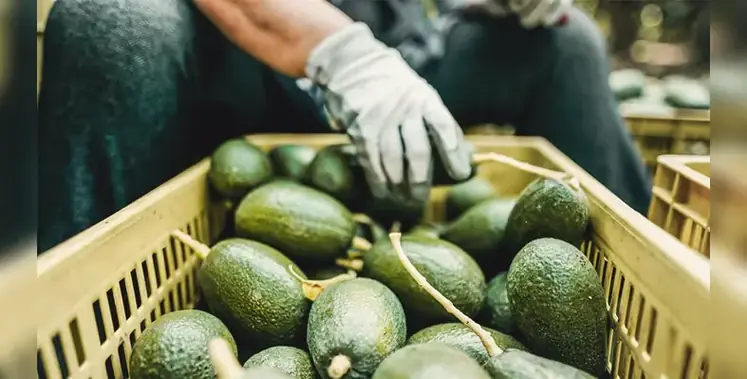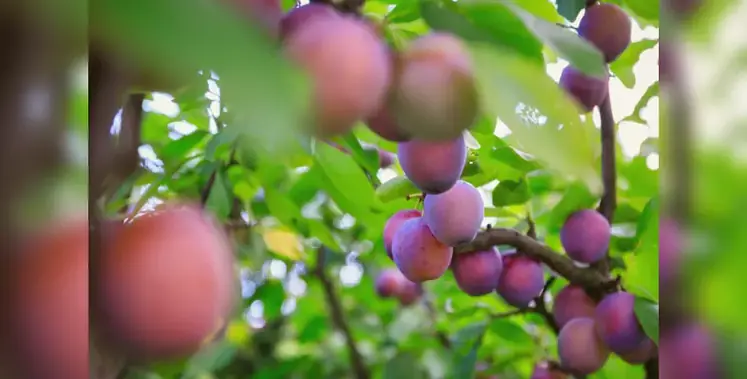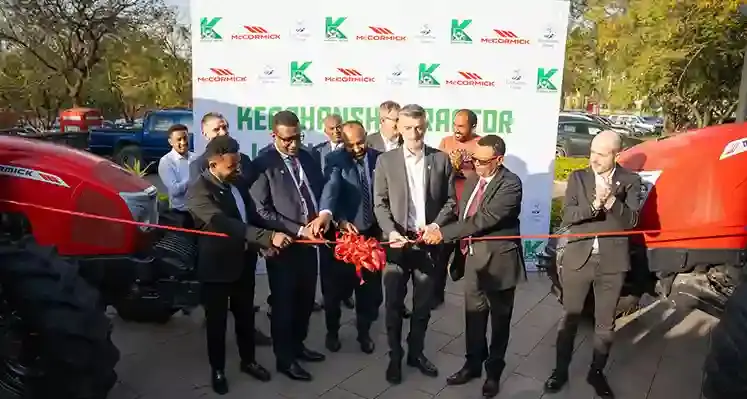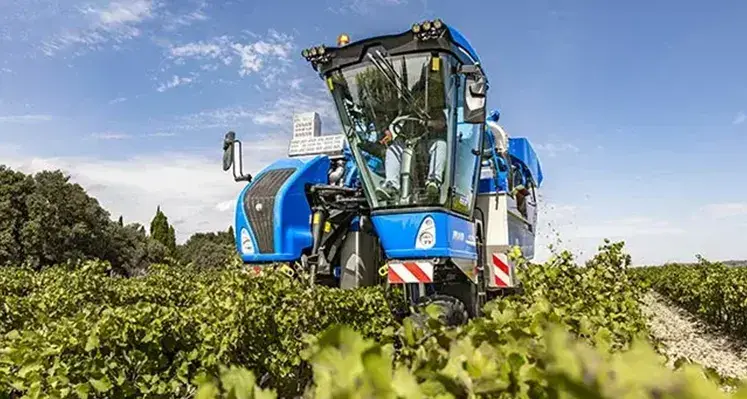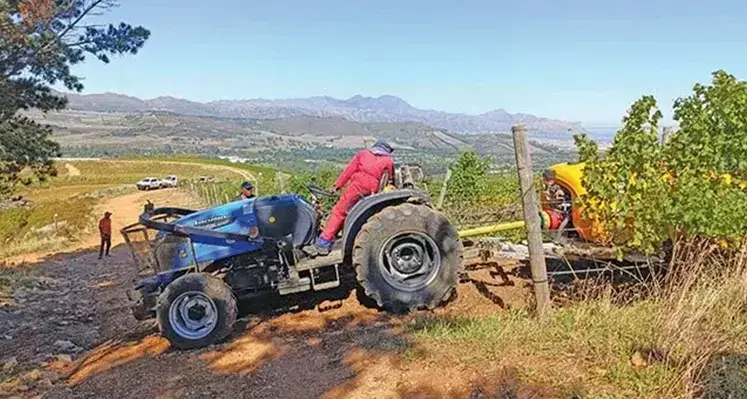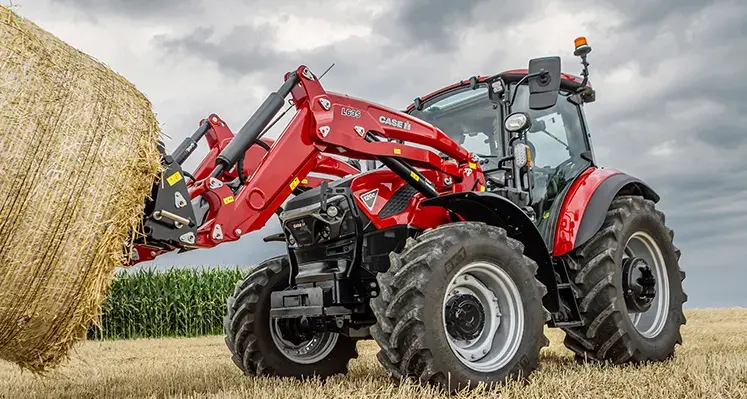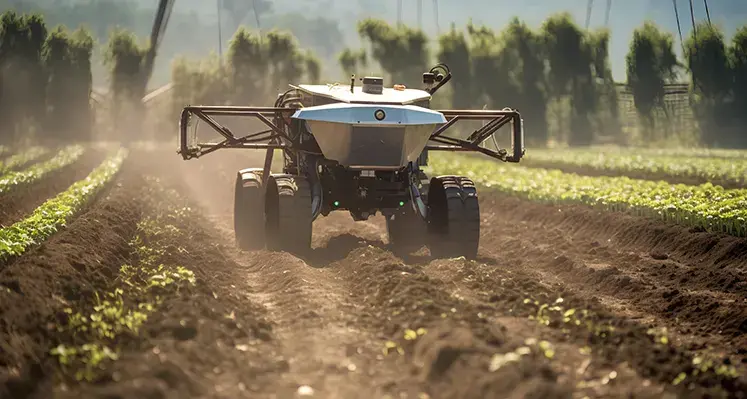Biome Makers, a leading agtech company in soil health analysis and microbiome technology, announced its commitment to safeguarding and revitalising soil health through concrete actions
On 20 April 2023, the company became a signatory of the Mission Soil Manifesto, underscoring its dedication to promoting sustainable soil management practices.
The Mission Soil Deal for Europe, spearheaded by an alliance of regional and local policy-makers, stakeholders, and citizens, aims to establish a thriving community that prioritises the preservation of soil health. By endorsing the Mission Soil Manifesto, Biome Makers aligns with organisations recognising the urgent need for soil protection. Through this commitment, Biome Makers engages in knowledge-sharing activities and events, facilitating the exchange of best practices with like-minded organisations dedicated to preserving soil health.
Biome Makers actively supports soil health restoration through its ongoing global initiative, Fields4Ever. Dedicated to conserving and monitoring soil health, Fields4Ever currently backs 218 soil health restoration projects in 45 countries. With its BeCrop technology, utilised by more than 2,000 customers worldwide, Biome Makers empowers stakeholders with functional soil assessment tools, education, and training.
"We are thrilled to be part of the Mission Soil community and to endorse the principles outlined in the Manifesto," stated Alberto Acedo, cofounder and chief scientific officer at Biome Makers. "Soil health is fundamental to the sustainability of our planet, and as leaders in soil analysis and microbiome technology, we are committed to driving positive change. By joining forces with other signatories, we can collectively foster innovative solutions and ensure a prosperous future for our soils."




